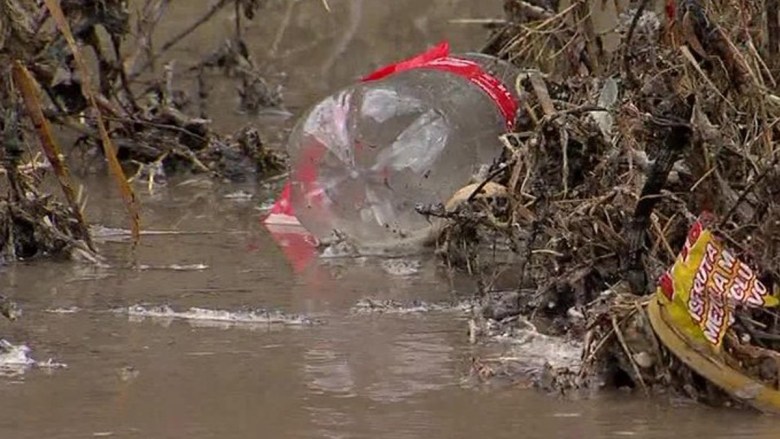
San Diego County government has officially requested an investigation by the Centers for Disease Control and California Department of Public Health on cross-border pollution and its effect on public health, the Board of Supervisors chairwoman announced Wednesday.
Nora Vargas said the request “seeks to leverage the CDPH’s expertise to explore the potential link between cross-border sewage pollution and gastrointestinal issues, aiming to address and mitigate health risks for the community.”
As board chairwoman, and a member of the California Air Resource Board and Air Pollution Control District, Vargas added that she is “deeply committed to addressing the biggest environmental and social justice crisis of our lifetime.”
“From declaring the cross-border pollution in the Tijuana River Valley as a public health crisis to declaring a state of emergency, I have always and will continue to fight so that families in South County have the clean water and air they deserve,” she said in a statement.
Cross-border pollution has become a bigger issue for county and coastal municipal leaders, with the Board of Supervisors in June 2023 declaring a state of emergency.
Some county beaches have been closed for over 800 consecutive days due to sewage contamination.
According to Vargas’ office, she sent a letter to the U.S. Congress this week in support of an additional $200 million for the International Boundary and Water Commission construction account for fiscal year 2025, which a House of Representatives committee was to review Wednesday.
In March, San Diego-based business advocacy groups sent a letter to President Joe Biden asking for more help with the U.S.-Mexico border pollution problem.
Also that month, state Sen. Steve Padilla — whose district includes southern San Diego County — said that he would introduce environmental justice legislation to tackle border pollution.
Last October, the federal government announced $310 million to expand wastewater treatment in the South Bay as part of an ongoing effort to tackle cross-border pollution in the Tijuana River Valley.
In 2021, the county received $10 million from the state Coastal Conservancy to reduce trash and sediment movement into the Tijuana River Valley.
More recent efforts include air monitors in South County to track pollutants. According to her office, Vargas is planning to issue a board letter calling for access to air filters and purifiers in homes, as a way to help families.
